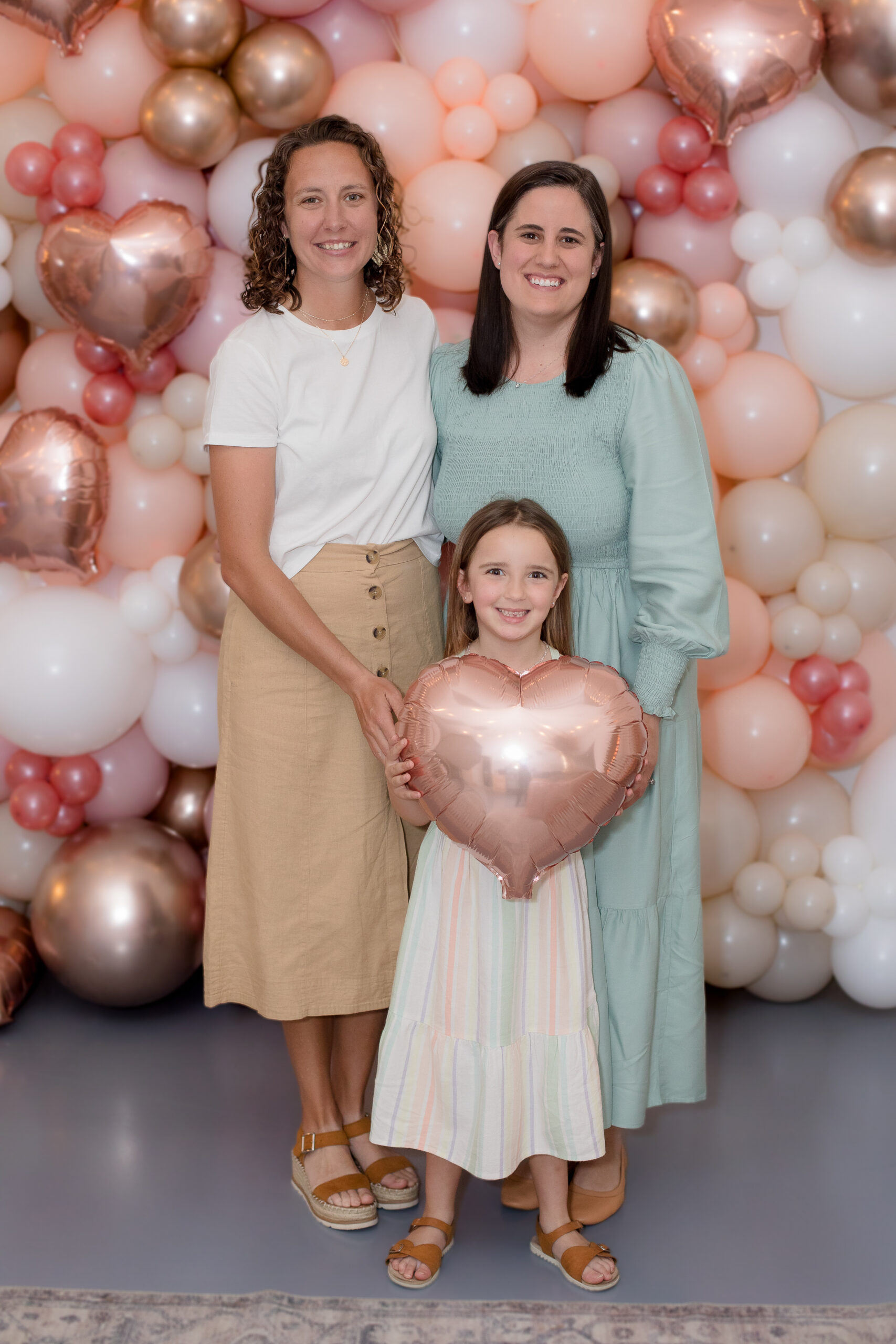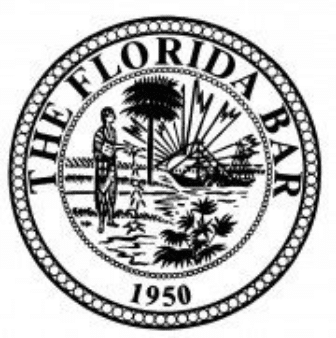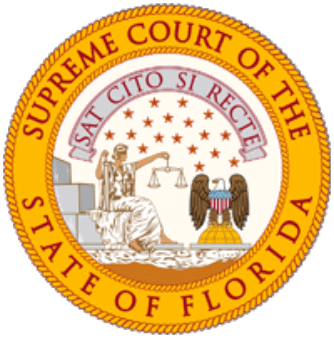Stephanie Johnson, the managing attorney for Legal Services of North Florida’s Tallahassee office, left her office one day in 2020 to meet a new client. She headed to a day care center where she was introduced to four-year-old Charlotte*.

“She was really quiet and really hesitant to talk to me,” Johnson said. “I’m just some stranger who showed up. So, I said, ‘Do you like to read?’ She said, ‘I do,’ so we read Frog and Toad together. She had attention issues, so it was a lot of work keeping her engaged, but she just was so thankful to have somebody give her attention. She was the sweetest kid.”
Charlotte was in foster care, one of more than 20,000 children in Florida who have been removed from their homes. In her foster home, she was placed on multiple psychotropic medications, setting into motion a process that made Johnson her attorney ad litem.
Johnson averages a case load of about 40 clients like Charlotte. As an attorney ad litem, she is responsible for advocating for the best interests and wishes of a child. Her work is supported by a Children’s Legal Services grant from The Florida Bar Foundation.
After meeting Charlotte, Johnson got to work on her case. Charlotte and her three younger siblings had been removed from their home due to their parents’ drug use. In their foster home, the foster mother was requesting that Charlotte be removed because she could not handle Charlotte’s behavioral issues along with the other three children.
Charlotte’s speech was also delayed, and testing showed that she was developmentally behind. Her day care reported that she was low functioning and stole items from others.
Johnson began helping to select a specialized therapeutic foster home for Charlotte. Foster parents who have this type of home complete dozens of additional hours of training and are reimbursed by Medicaid for services that help with “emotional, behavioral, or psychiatric problems in a highly supportive, individualized, and flexible home setting,” according to the Florida Agency for Health Care Administration.
“We were desperately trying to keep her out of any group home because of her age,” Johnson said.
At the same time, Charlotte’s biological mother was working to regain custody. She was ordered to get dialectical behavior therapy for a personality disorder, but was unable to find a therapist. She scheduled visits with Charlotte, but didn’t consistently show up.

In December of 2021, a specialized therapeutic foster home became available for Charlotte in Duval County. She was placed with Jessica and Chelsea Griffith, a teacher and a Chick-fil-A director.
Jessica previously worked as a guardian ad litem and a juvenile probation officer.
So, the Griffiths decided to become foster parents. After reviewing several cases in need of specialized therapeutic foster homes, Charlotte’s stood out to them. They added pink sheets, a pink carpet and an easel to a room they had ready.
“I’m sure on the inside, she was just as nervous as we were, probably more, but that first night she fell asleep watching Frozen, and it was actually a really peaceful night,” Chelsea said. “She was just the sweetest.”
As Charlotte adjusted to her new foster home, her communication skills improved and she was weaned off of the psychotropic medications. She began swimming and playing soccer, and had regular visits with her siblings. Six months into her placement, a judge asked the Griffiths if they were considering adoption. They said yes.
But, Charlotte was doing so well that Florida’s Department of Children and Families decided she wasn’t in need of a therapeutic foster home any longer. They planned to cut funding for it and move her out of the Griffiths’ home.

Knowing that wasn’t what Charlotte wanted or in her best interest, Johnson got a court order that required DCF to continue Charlotte’s placement and pay for it.
“Charlotte could have been moved,” Jessica said. “Just knowing what Stephanie could accomplish as an experienced attorney who had respect and rapport within the courtroom…she was the best for handling that. Without her, the case could have been delayed, [and Charlotte’s] placement could have been changed.”
Johnson also helped put together Charlotte’s Individual Education Plan for kindergarten. The Griffiths were grateful for Johnson’s in-depth knowledge of Charlotte’s background and her ability to relay pertinent information to the school and courts.
“Stephanie was able to lend insight and connect different people, monitoring the situation and communicating with us,” said Jessica.
That summer, Charlotte’s biological parents were arrested again. Her mother agreed to terminate her parental rights. Her father asked to go to trial, after which the court terminated his parental rights. The Griffiths met Charlotte’s father afterward, showing him pictures and expressing their intent for Charlotte to maintain healthy relationships with her biological family. Her father did not appeal, and the Griffiths officially adopted Charlotte this March.




